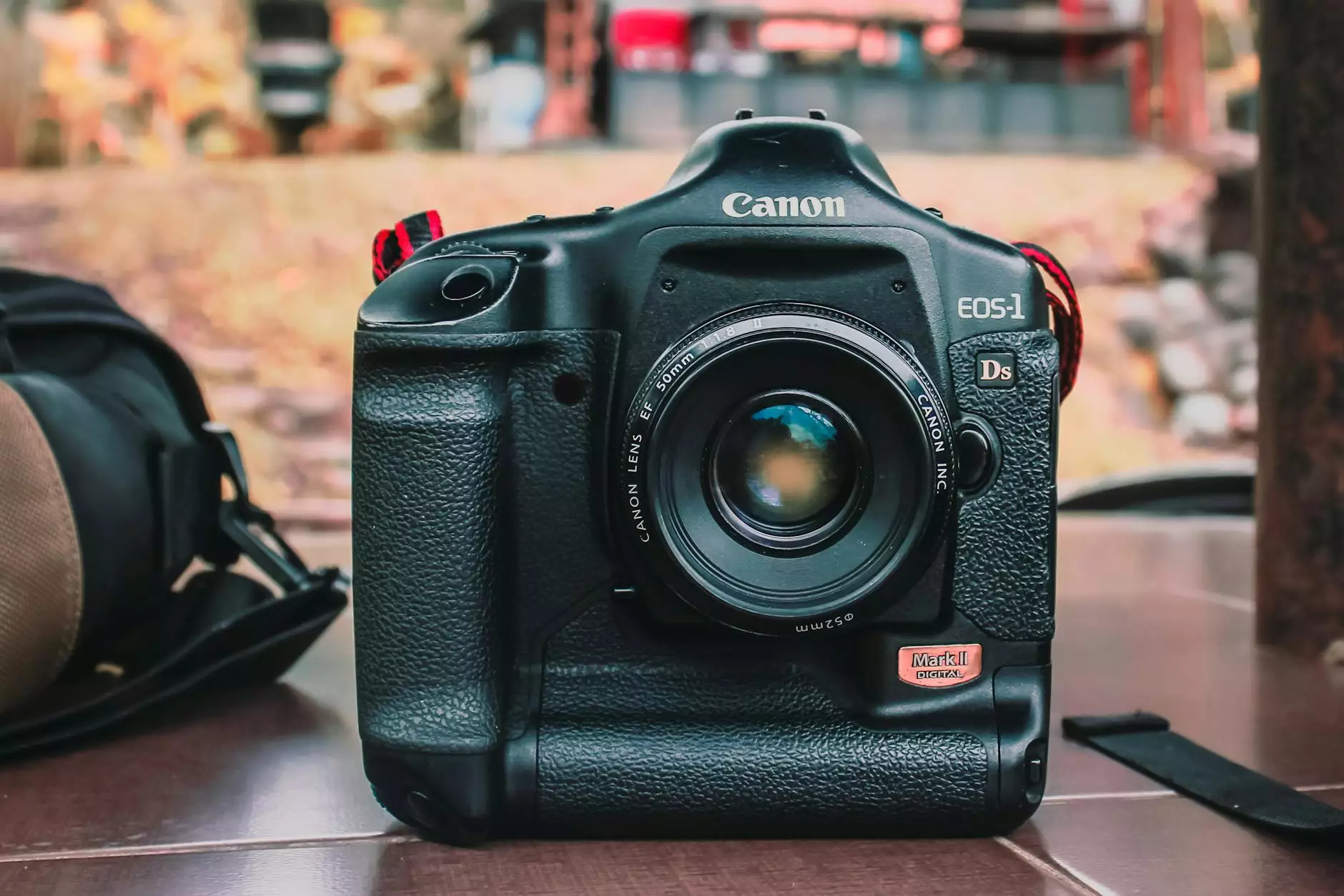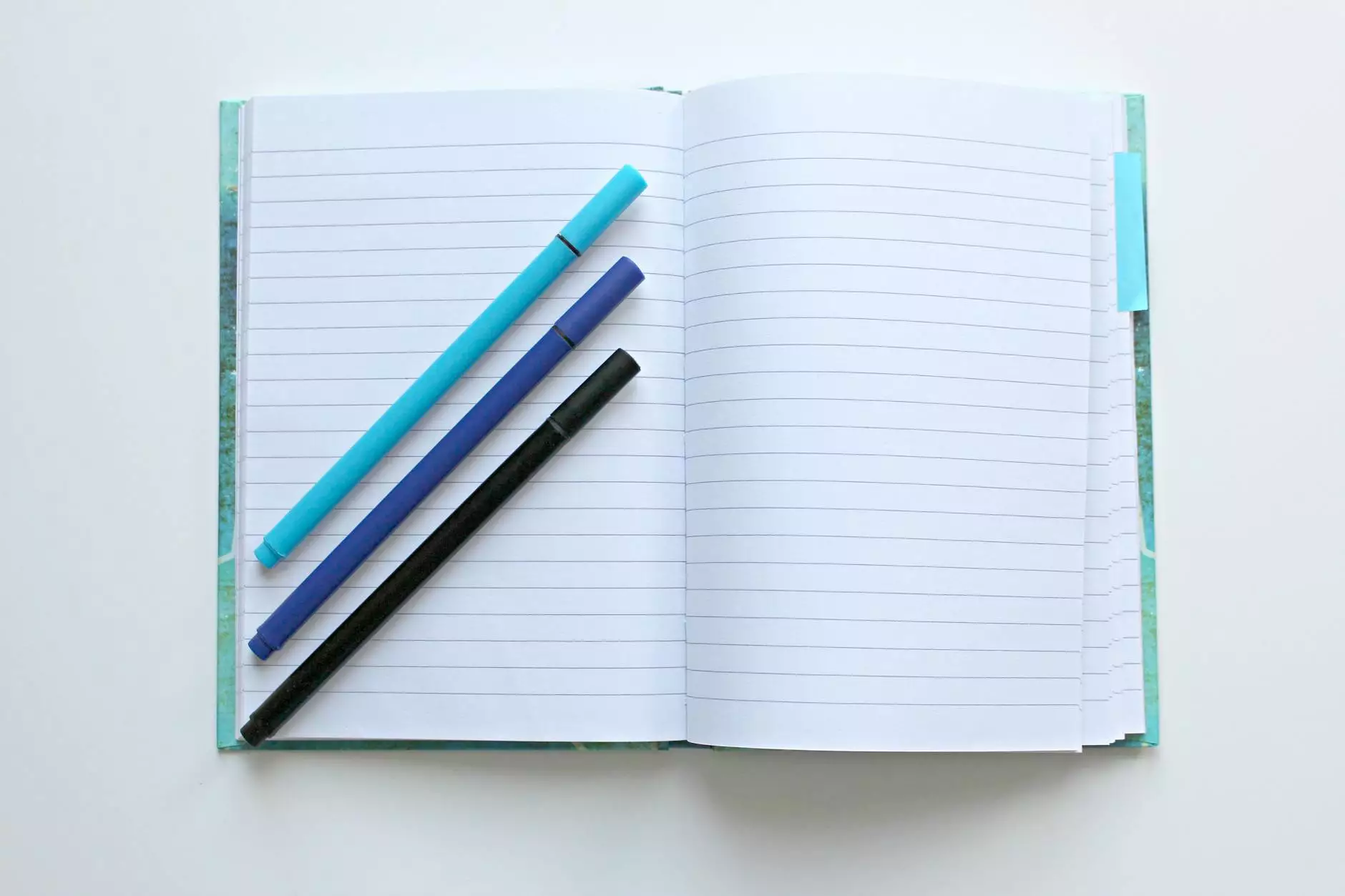All That You Need to Know About IEEE Citation

Introduction
Welcome to The Knowledge Nest, your ultimate source of information on various academic topics. In this article, we will delve into the intricacies of IEEE citation - an essential aspect of academic writing. Whether you are a student, researcher, or academic professional, understanding and implementing proper IEEE citation can greatly enhance the credibility and quality of your work.
What is IEEE Citation?
IEEE citation style is a set of rules and guidelines developed by the Institute of Electrical and Electronics Engineers (IEEE). It is widely used in the fields of engineering, computer science, and other related disciplines. The IEEE citation style ensures consistency and clarity in academic papers by providing a standard format for referencing sources.
Key Elements of IEEE Citation
When citing sources in IEEE style, there are several key elements to consider:
- Author(s): Include the author's name(s) in the order they appear on the source. If there are multiple authors, separate their names with commas.
- Title of the article or source: The title should be in sentence case and enclosed in quotation marks. For journal articles, capitalize only the first word of the title, the first word after a colon, and any proper nouns.
- Title of the journal or book: Italicize the title of the journal or book and capitalize all major words.
- Date of publication: Include the year of publication. If available, include the month as well.
- Page numbers: Include the page range of the article or the total number of pages for a book.
- DOI or URL: If the source has a digital object identifier (DOI) or a stable URL, include it at the end of the citation.
How to Cite Different Types of Sources
IEEE citation style covers a wide range of source types, including journal articles, conference papers, books, patents, and more. Let's explore how to cite some of these sources in IEEE style:
Citing Journal Articles
To cite a journal article in IEEE style, follow the format below:
[1] A. Author(s), "Title of Article," Title of Journal, vol. X, no. X, pp. Xxx-xxx, Month Year.Make sure to replace X with the corresponding information for the article you are citing.
Citing Conference Papers
When citing conference papers, the format is slightly different. Use the following structure:
[2] A. Author(s), "Title of Paper," in Title of Conference, City, Country, Year, pp. Xxx-xxx.Citing Books
To cite a book, adhere to the following format:
[3] A. Author, Title of Book. City, Country: Publisher, Year.Additional Tips for IEEE Citation
Here are some additional tips to enhance your understanding and application of IEEE citation:
- Use a consistent numbering system: When citing multiple sources throughout your paper, use a numeric system where each citation is referred to by a unique number in square brackets.
- Include all relevant information: Provide all necessary details for each citation, such as page numbers, volume and issue numbers, and publication dates. This ensures that readers can easily locate and validate your sources.
- Proofread your citations: Before submitting your work, carefully review your citations for accuracy and formatting consistency. Mistakes in citation can diminish the credibility of your research.
- Use citation management tools: Consider utilizing citation management tools like EndNote or Zotero to simplify the process of creating and managing your citations.
In Conclusion
Mastering IEEE citation is crucial for any academic or professional who wishes to maintain high research standards. By following the guidelines and tips provided in this comprehensive guide, you can ensure that your citations are accurate, consistent, and effectively support your scholarly endeavors.
Remember, proper citation not only demonstrates respect for the work of others but also contributes to the overall credibility and integrity of your own research. Harness the power of IEEE citation to elevate your academic writing to new heights!










